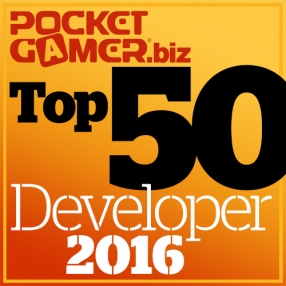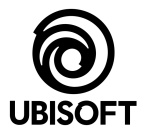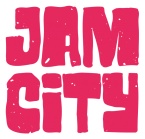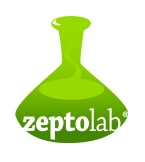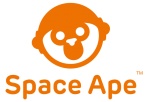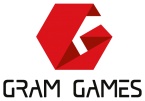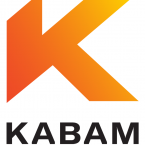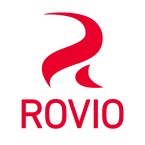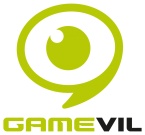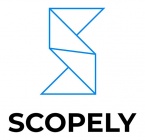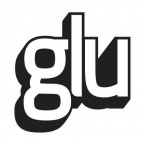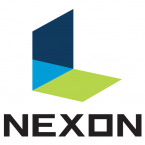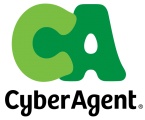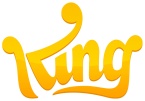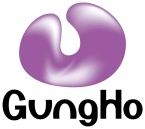Welcome to PocketGamer.biz's Top 50 developer list for 2016.
Now in its seventh year, it continues to demonstrate just how global and dynamic the mobile game industry is.
Of course, just like app store top grossing charts, at the top there's less movement.
It's become increasingly clear that in the west, the developers who - through a combination of luck and expertise - released a successful F2P game in 2012 and 2013 have been the biggest winners of the western mobile games explosion.
It's now much harder to repeat that level of success with new games, although that's exactly what the best companies have done and will continue to do.
Global vision
Elsewhere in the world, the situation is different.
Funded by local success, the most profitable Japanese, Korean and Chinese developers are spending big - both in terms of localising their content and investing in western companies - to take their success global.
And, more generally, the 2016 list shows how quickly the situation can change for any mobile games company with less than $1 billion in sales.
A single hit game can spark, delivering $100 million of revenue in a year.
A single hit game can spark, delivering $100 million of revenue in a year, while failures are more expensive and less easy to predict than ever before.
Reducing risk, not upside
That's why many developers are doubling down on a single specialism.
For example, this year's list includes companies betting everything on wearables or mobile eSports, while many others are harnessing their operational expertise to external IP to breakthrough the marketing stalemale.
Yet even in such an environment, there are shining examples of teams - both experienced and not - who are only laser focused on their games, and getting their reward from a global audience of billions of players who are always on the look out for something new.
Behind the numbers
In terms of the methodology behind our list, many factors combine.
Certainly one of them is financial success. Players spending money is a good indication of a quality experience, and this - both headline turnover and profitability (of course, not always publicly available information) - is something that drives position rank, particularly at the top end of our list.
(But, please note, this is not a list of the top grossing mobile game companies. If you want an estimate of that, refer to App Annie's annual list.)
Instead, we are also interested in wider issues: is a company successfully operating in different global regions (or just one); across many - and/or different - platforms; running a single big title or experimenting with different genres and themes; and looking to expand?
We particularly love to reward ambitious startups who are attempting to innovate and shake up the entire market.
Soft power
We also take into account a company's soft power: how does it present itself to players and the industry at large?
And we love to reward ambitious startups who are attempting to innovate and shake up the entire market.
But, let's be clear. The lodestone running throughout our entire process is the quality of each developer's game(s).
For, not only is this list an attempt to gauge the top developers over the past 12 months, it's also the attempt to highlight those who will be making the headlines over the year.
And the quality of a company's mobile games is - in my opinion - the best (if not the only) measure of this.
Note: Our list was compiled during February 2016, with additional information added during March 2016
Click here to view the list »

